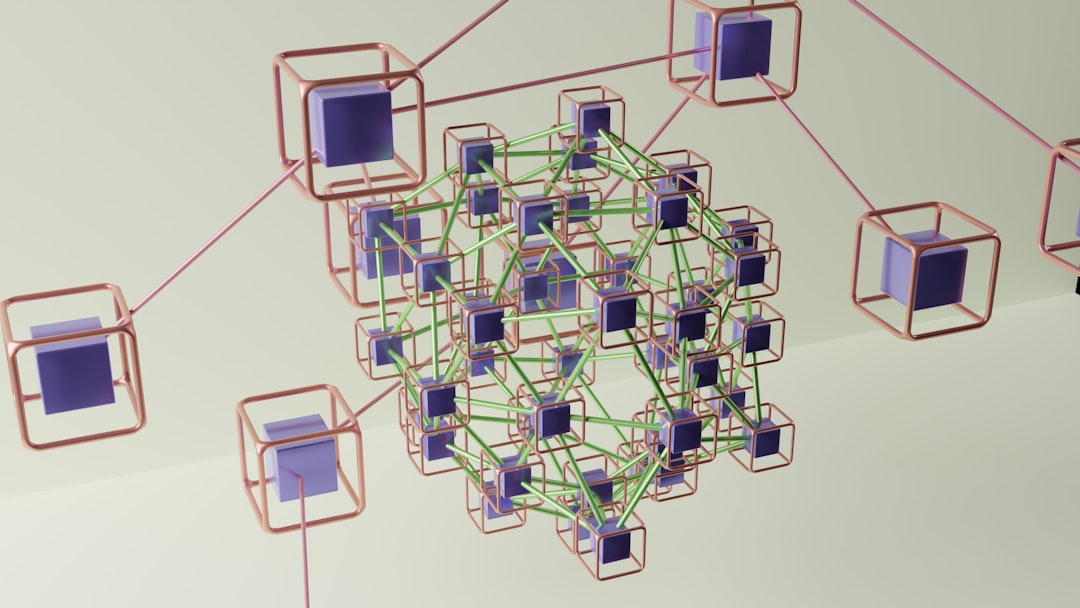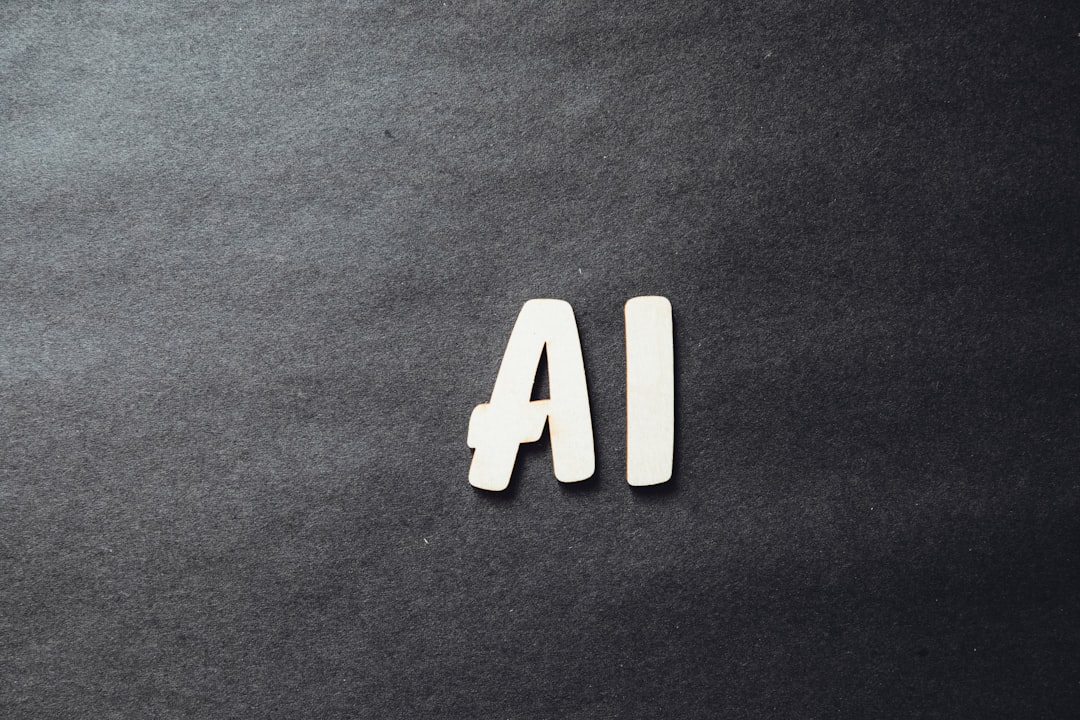In recent years, AI-driven tools like ChatGPT have transformed how people access and interact with information. Whether for business, academics, or casual queries, ChatGPT is widely used for quick, conversational answers. But as its capabilities grow, many users have asked: Does ChatGPT perform deep research in the background? This article will break down how ChatGPT works, whether it conducts background research in real time, and what that means for users relying on it for accurate and thorough information.
TL;DR:
ChatGPT does not access real-time information or perform live, deep research in the background after you ask a question. Instead, it generates responses based on its training data and any plugins or tools you’ve enabled. While it can mimic research-like behavior well, it doesn’t have browsing capability by default unless specific tools are used. Users should exercise caution when relying on it for time-sensitive or highly factual tasks.
Understanding How ChatGPT Works
ChatGPT is powered by large language models developed by OpenAI, such as GPT-4. These models are trained on vast datasets—including books, websites, and other written sources—but they do not retrieve information like a search engine.
Instead, ChatGPT produces answers by predicting what text should come next in a sentence based on its training. This helps it create coherent, human-like responses, but it also means:
- It doesn’t “look up” information in real-time.
- There’s no active background research after a question is posed unless linked tools are used.
- Its “knowledge” is static, depending on the training data and version in use.
The result is an AI that feels knowledgeable but doesn’t perform live fact-checking or validation unless specifically designed to do so through added features.
What Is Meant by “Deep Research”?
Deep research typically refers to a process that involves:
- Searching databases and credible sources.
- Analyzing context and cross-checking facts.
- Referencing academic and specialized content.
While ChatGPT can generate responses that sound like they’ve gone through that process, it does not inherently follow these steps unless users employ advanced tools or plugins like the browsing tool or code interpreter.

It’s crucial for users to understand that there is no independent browsing or live source-gathering happening in the background unless explicitly integrated.
ChatGPT with Plugins and Browsing Capabilities
With the introduction of plugins and features like the web browsing tool for ChatGPT Plus users, the model begins to behave differently. These tools extend ChatGPT’s reach and allow it to:
- Access real-time data from selected websites.
- Retrieve recent news articles, product prices, statistics, and more.
- Offer references with URLs or context from live content.
However, even then, the AI is not independently performing ongoing deep research. It only retrieves data on request and returns limited content found during that specific interaction. There’s no persistent background process gathering or updating information beyond the scope of a user’s prompt.
Differences Between ChatGPT and Search Engines
A major source of confusion stems from the way ChatGPT often feels like a search engine. While both can return answers, the key differences are:
| ChatGPT | Search Engines (like Google) |
|---|---|
| Generates text based on its training data or plugin inputs. | Returns links to indexed web pages for the user to explore. |
| Often lacks source visibility unless instructed to cite sources. | Provides direct access to information sources. |
| Cannot update its knowledge base by itself. | Indexes and updates information regularly from the web. |
As a result, ChatGPT may appear insightful but shouldn’t be used as a substitute for verified, up-to-date research unless enhanced with real-time tools and user vetting.
Examples of When It Might Seem Like It’s Doing Deep Research
Sometimes, ChatGPT can simulate a research-intensive process when it enters into lengthy, detailed replies. For example:
- Writing summaries of historical events with dates and causes.
- Drafting essays with argumentative structure and references.
- Suggesting technical guides, code snippets, or academic-style content.
These seeming depth-driven responses don’t result from actual research at that moment—they are pulled from what the AI has previously ingested during training. If correct, it’s because the training data contained accurate information, not because of live access.

Implications for Students, Researchers, and Professionals
Expecting ChatGPT to do deep background research can lead to several pitfalls, particularly in sensitive or detail-critical workflows such as:
- Academic Research: ChatGPT may provide inaccurate citations or hallucinated results.
- Business Decision-Making: Depending on outdated data can risk strategies or reporting.
- Healthcare & Legal Fields: Incorrect information may lead to ethical or legal consequences.
In all these cases, it is essential to carefully verify any output the AI provides and use it as a starting point rather than a final source.
When Does ChatGPT Actually “Research” with Current Accuracy?
When equipped with the right tools, such as:
- Web Browsing Plugin
- Third-party plugins like Wolfram for computations
- Code interpreter for analyzing uploaded files
ChatGPT can approach the behavior of a research assistant. However, even then, its output depends highly on the prompts provided and the sources it accesses. Background processing does not persist between sessions, and no data is stored or updated until the user interacts again.
Conclusion
To sum up, ChatGPT is a remarkable tool for idea generation, text formatting, and providing general information—but it does not conduct deep research in the traditional sense in the background. Users looking for comprehensive research should combine ChatGPT’s abilities with reputable sources, plugins, and independent verification. With responsible usage, ChatGPT can enhance but not replace genuine research processes.
FAQs
- Q: Does ChatGPT search the internet in real-time?
A: Not by default. Only ChatGPT models with browsing features enabled can access the web in real time. - Q: Can ChatGPT provide citations from current sources?
A: No, unless you’re using the web browsing tool. Otherwise, it may fabricate citations based on training. - Q: Is ChatGPT safe for academic or legal analysis?
A: It can be helpful as a supplement but should never be the sole resource due to risks of inaccuracy or outdated data. - Q: Does ChatGPT continue researching after the chat ends?
A: No, each chat is independent. Background research does not continue beyond the user’s current prompt. - Q: How can I make ChatGPT’s responses more accurate?
A: Use plugins for real-time data, ask specific and well-structured questions, and fact-check the results yourself.

